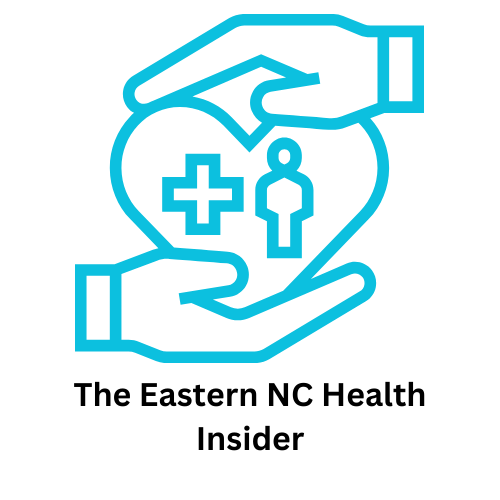
Understanding the Legislative Battle over Health Care Costs
As North Carolina continues to grapple with how best to address rising health care costs, a significant focus is being placed on the issue of prior authorization. This process, which requires providers to obtain approval from insurers before performing certain procedures or prescribing medications, has become a hotly debated topic among legislators, medical professionals, and advocates.
Why Are Health Care Costs So High?
Health care costs in the United States have been rising for years, and North Carolina is no exception. As a state that has seen significant growth in its population and a corresponding increase in demand for health services, the pressure on the healthcare system is palpable. Legislative efforts are underway to alleviate some of these costs, particularly through reforming prior authorization practices which many criticize as unnecessarily cumbersome and a barrier to patient care.
Correlating Cost and Care: The Role of Prior Authorization
Challengers to the current system argue that prior authorization often delays essential treatments, leading to worsened patient conditions and expensive emergency care. Studies have indicated that these hurdles can lead to higher healthcare costs in the long run, showcasing how legislative changes to prior authorization could ease the burden on both patients and the healthcare system.
A Look at Other States’ Strategies
In contrast to North Carolina, several other states have explored varied approaches to tackle similar challenges. For example, California has introduced laws that reduce the burden of prior authorization, aiming to streamline the healthcare process and enhance patient access to needed services. As North Carolina considers reforms, examining these other states’ strategies could provide valuable insights into potential solutions.
What This Means for You
If you are a health-conscious individual or a parent in North Carolina, understanding these legislative movements is crucial. Changes to prior authorization could affect your ability to receive timely care, particularly for specific treatments or medications that may require approvals. Staying informed can empower you to engage in discussions with your healthcare providers and legislators, advocating for a system that serves patients effectively.
Engaging in Health Care Reform Discussions
Members of the public can play a vital role in shaping healthcare policy. By voicing concerns to local representatives or participating in community forums, individuals can influence how legislative battles unfold. Advocacy groups also provide platforms to amplify these voices, helping ensure that the focus remains on patient care rather than bureaucratic hurdles.
Final Thoughts: A Healthier Future Ahead?
The ongoing legislative discussions in North Carolina about healthcare costs, particularly regarding prior authorization, represent both challenges and opportunities for improving patient care. By examining past outcomes and observing ongoing reforms in other states, North Carolinians can be hopeful for a legislative outcome that emphasizes accessibility and affordability in healthcare.
As these debates intensify, stay engaged with local health news and consider participating in the advocacy for reforms that could directly impact your family’s health care experiences.
 Add Row
Add Row  Add
Add 




Write A Comment